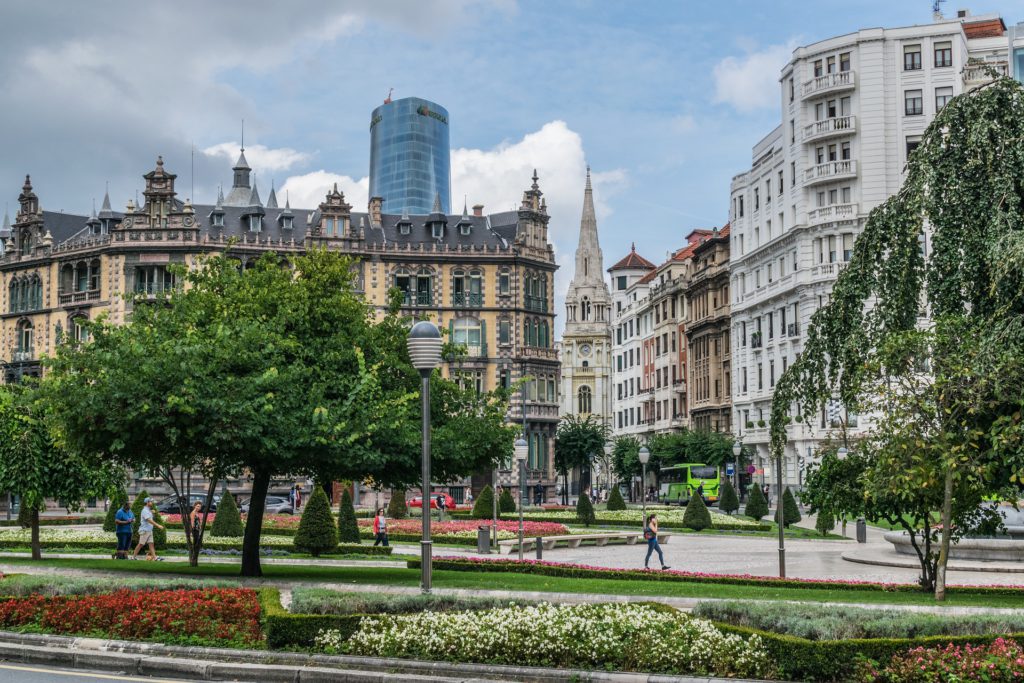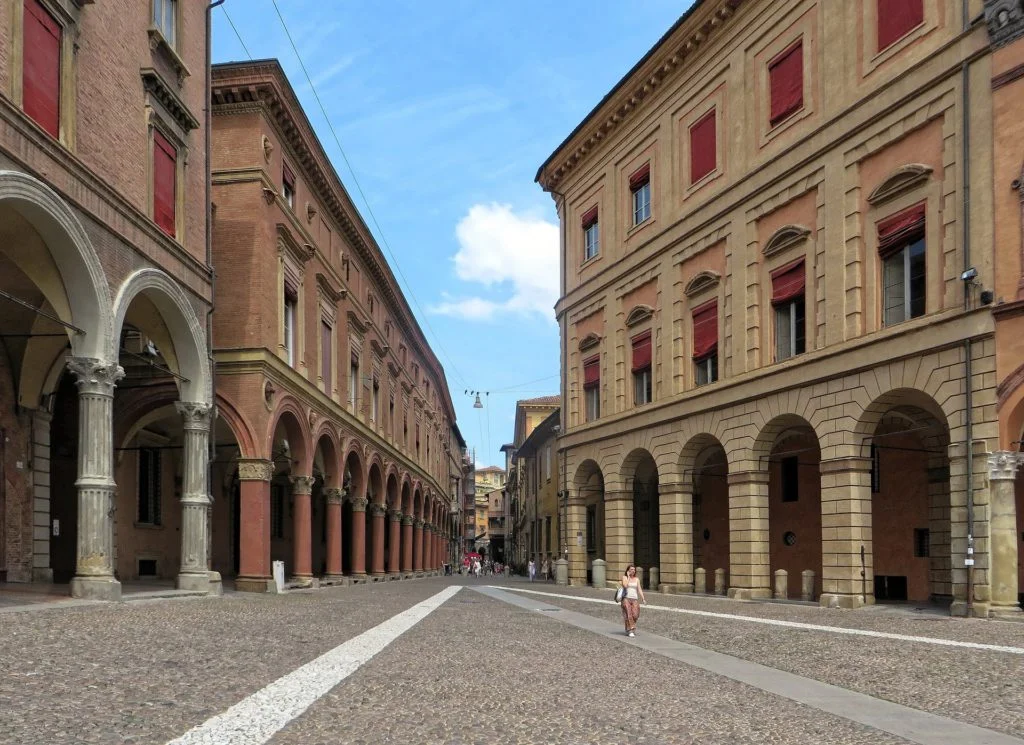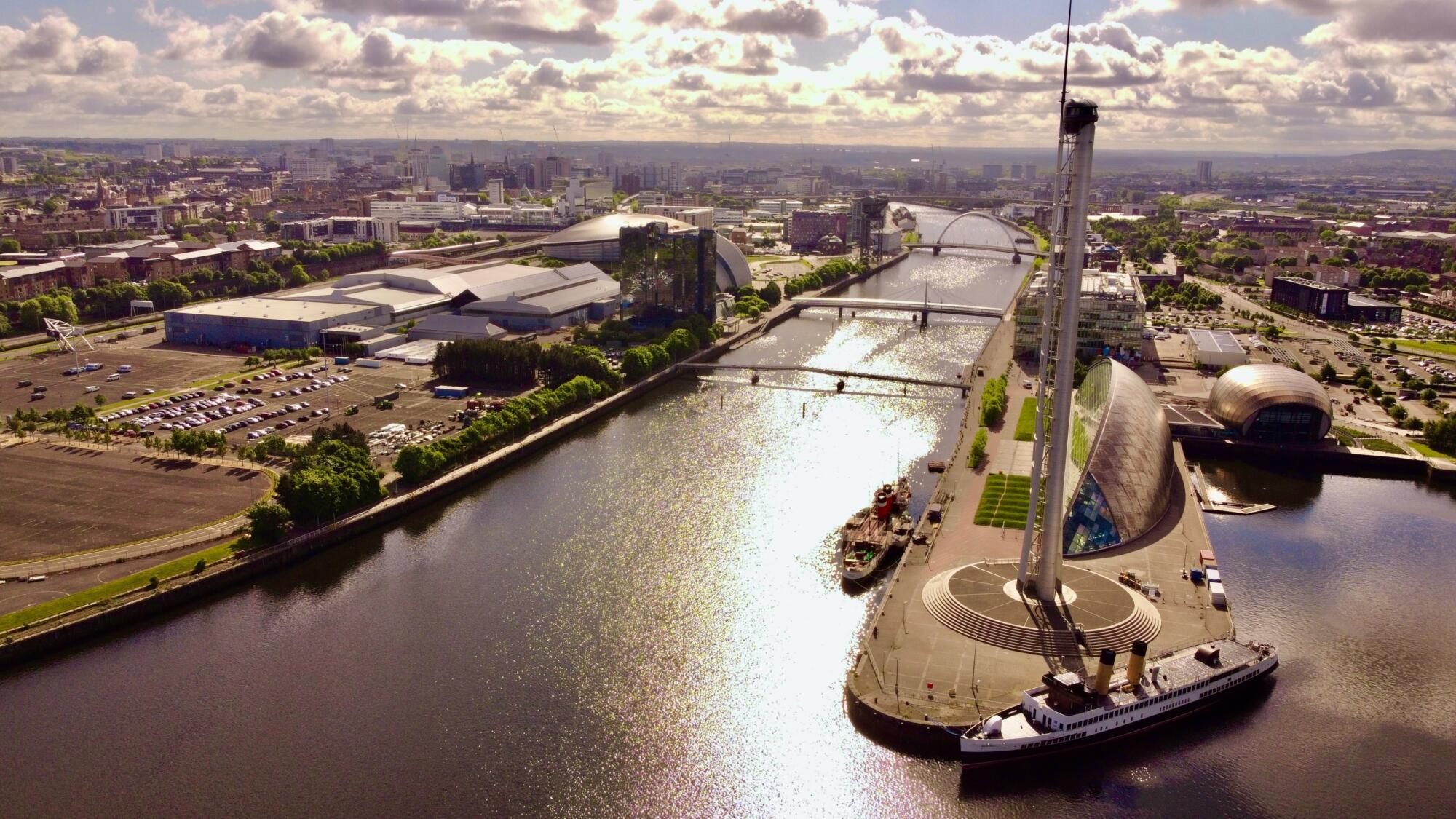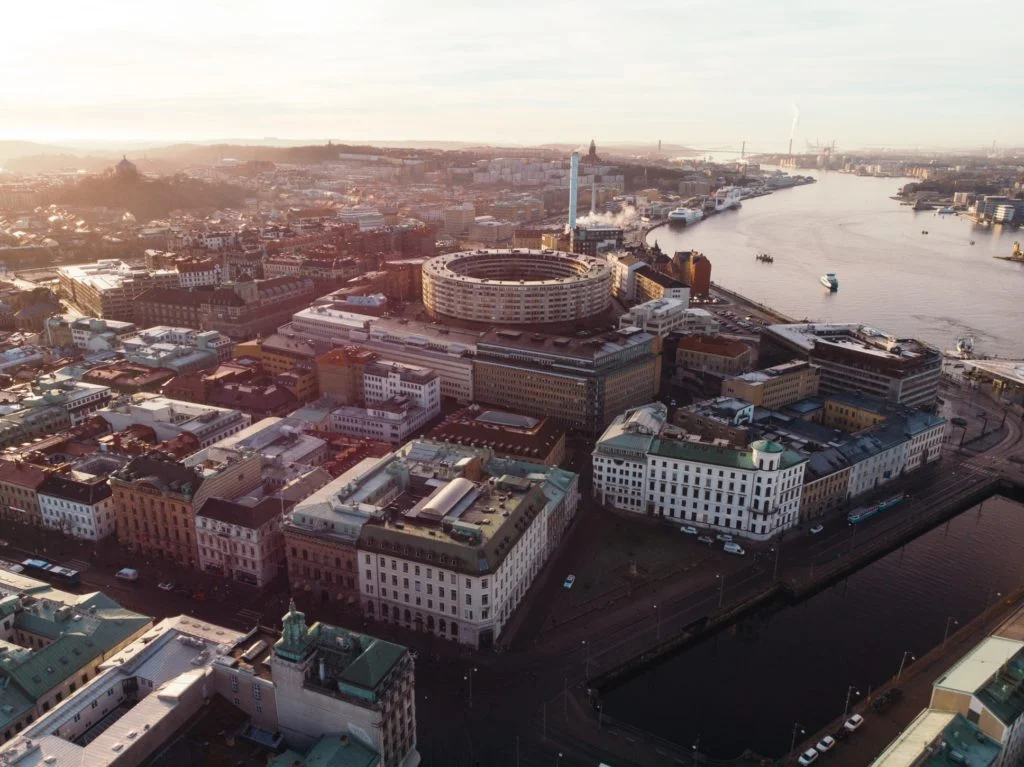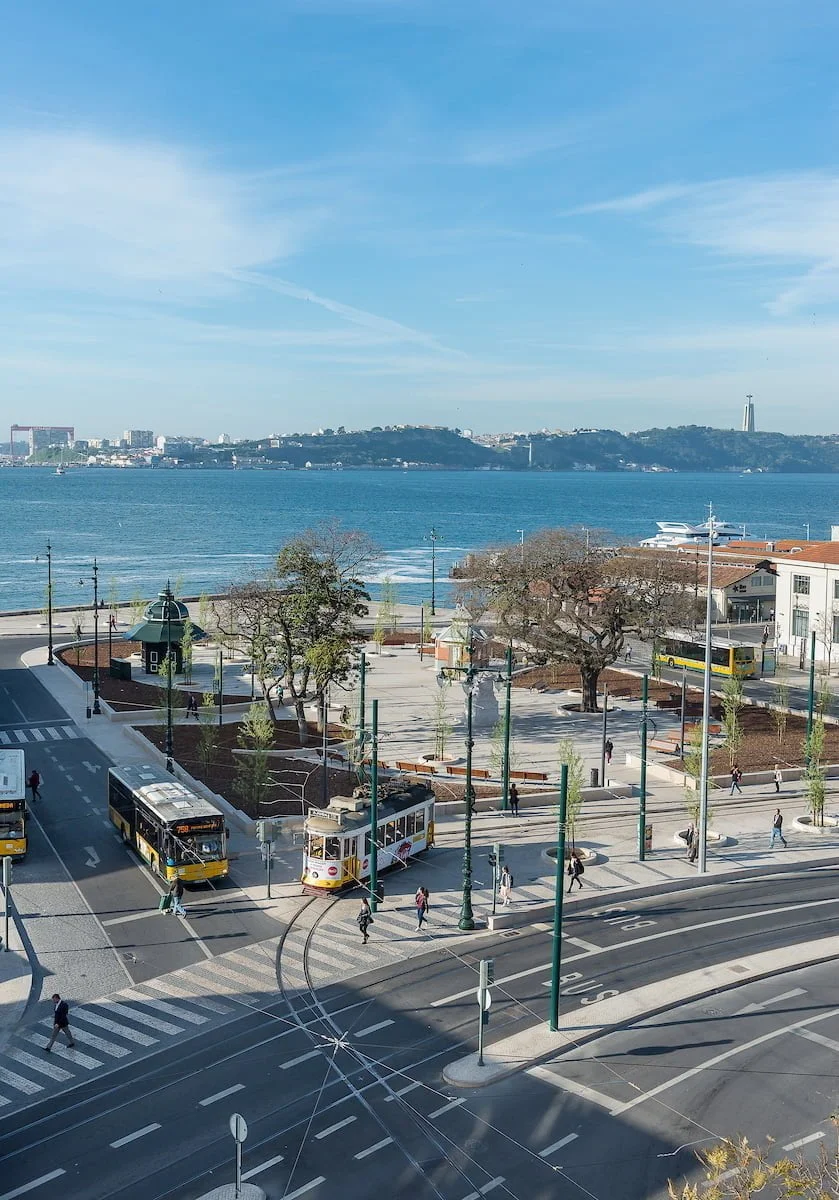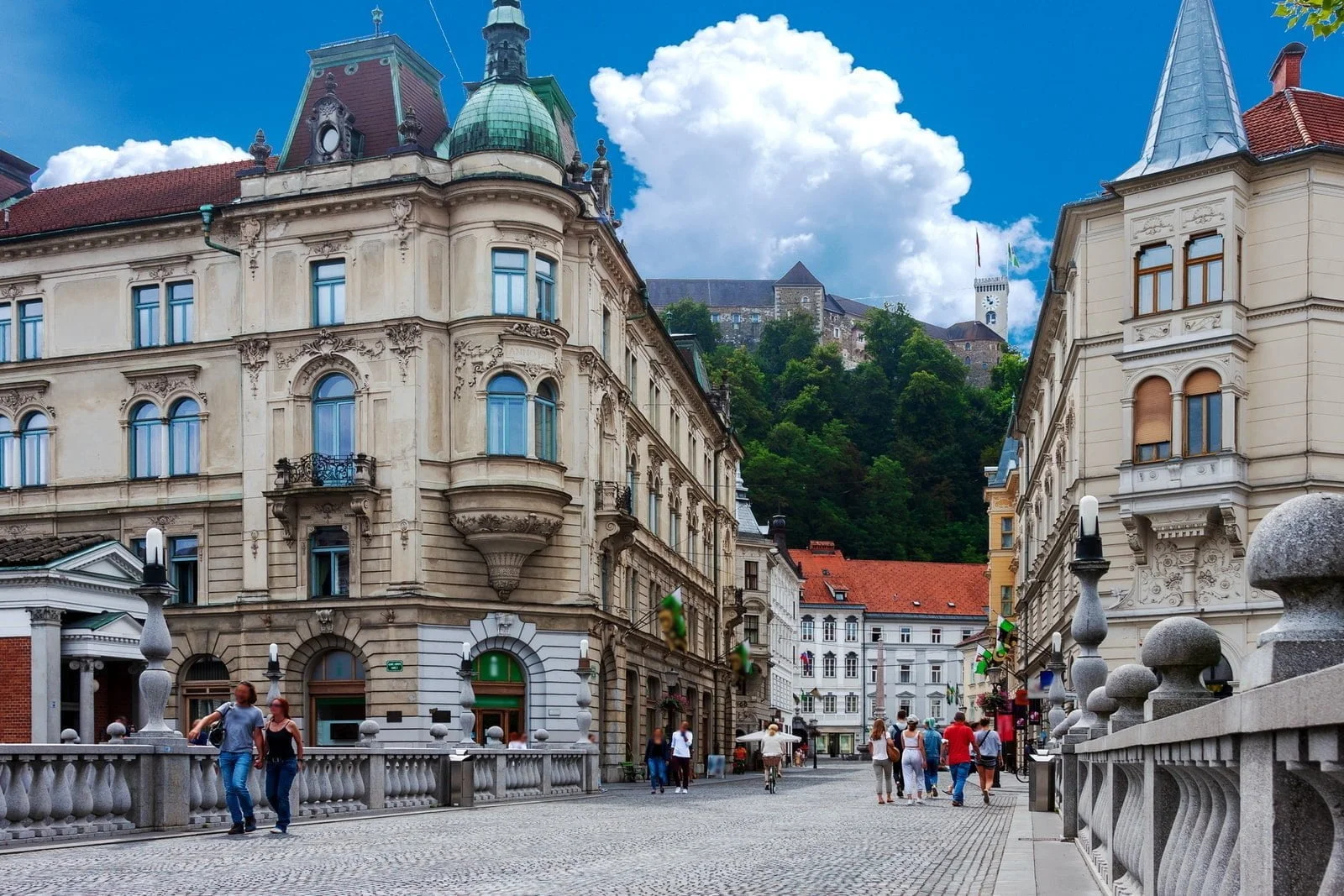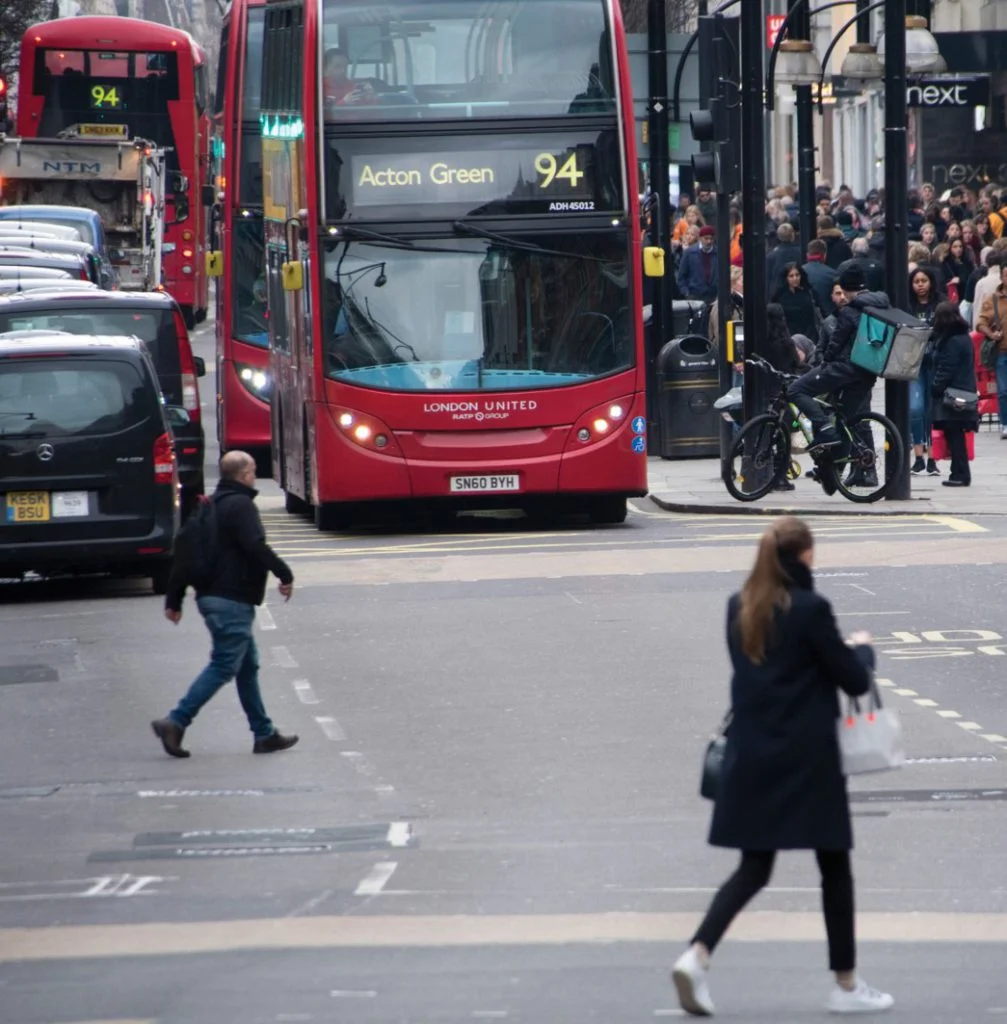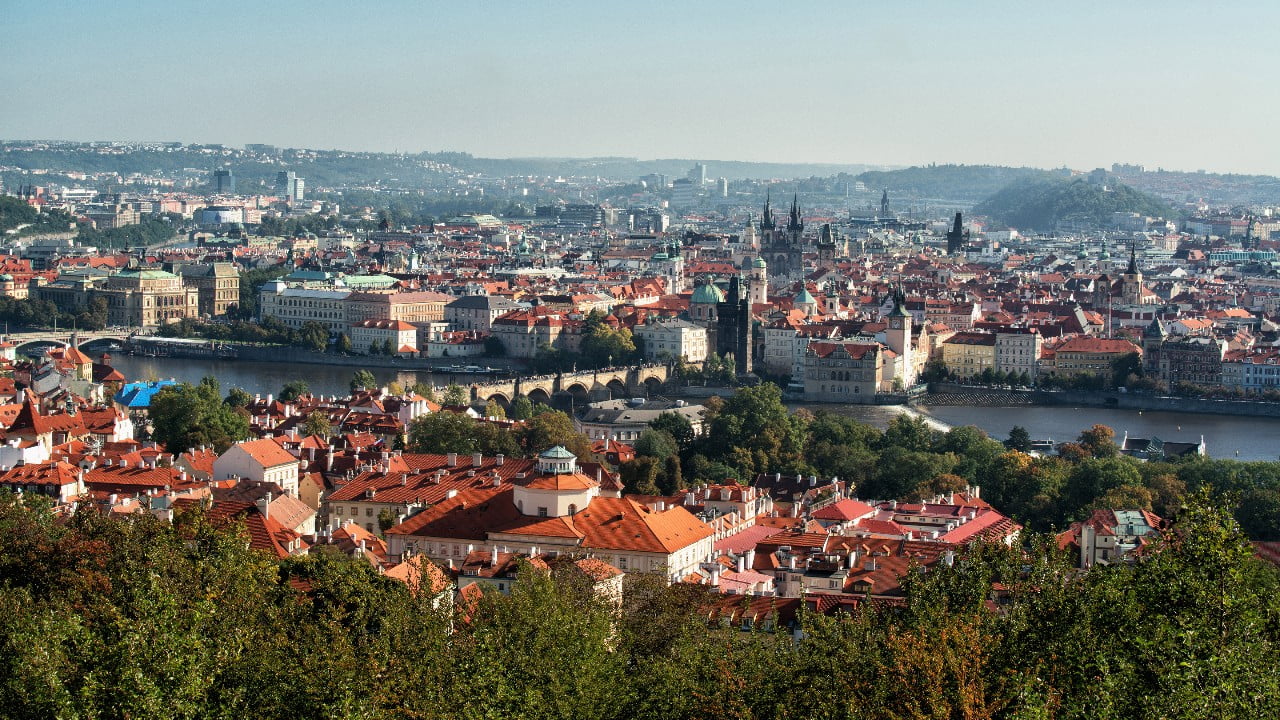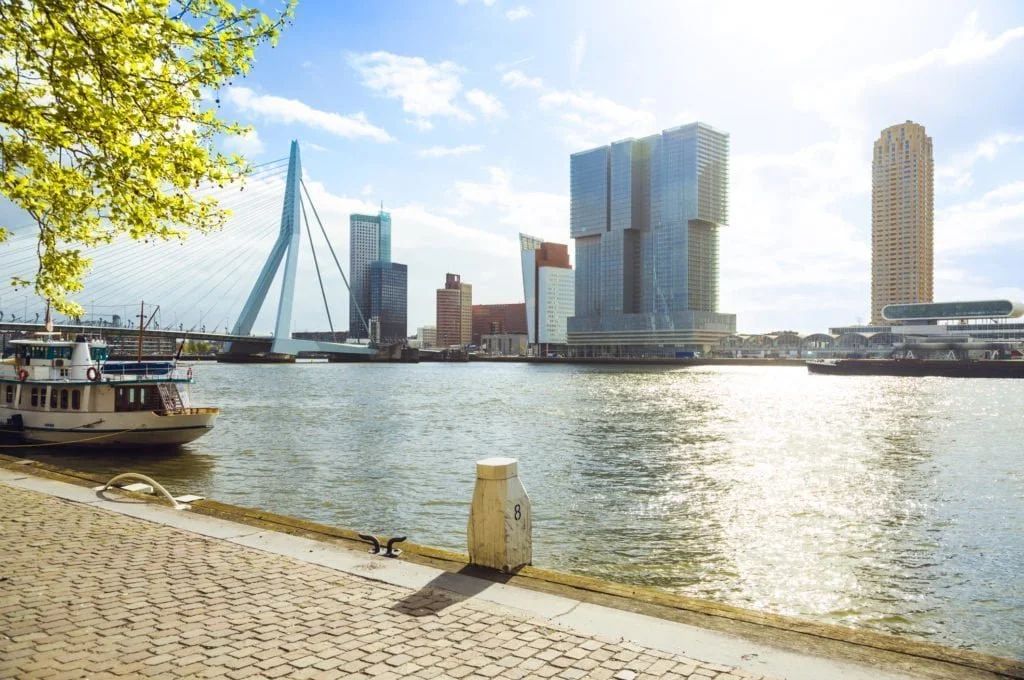POLIS members feature in IMD Smart City Index
Since its inception in 2019, the IMD Smart City Index has gathered data from 142 cities worldwide. In 2024, 28 POLIS members have placed themselves amongst these future-proof cities.
The IMD Smart City Index is a prominent global benchmark for evaluating the performance of cities in terms of both technological advancement and quality of life. Now in its fifth edition, the index continues to evolve, offering a well-rounded view of how cities are integrating technology while maintaining humane dimensions such as inclusiveness, sustainability, and overall well-being.
The IMD Smart City Index provides valuable insights into how urban centres are adapting to global challenges and innovations.
The leading cities of 2024
For the fifth consecutive year, Zurich tops the Smart City Index, followed closely by Oslo and Canberra. Geneva and Singapore round out the top five. These cities have maintained strong rankings due to their effective integration of technology and high quality of life.
European and Asian cities dominate the top rankings, reflecting a strong commitment to sustainability, digitalisation, and citizen well-being. Notably, cities such as Zurich, Oslo, Singapore, Abu Dhabi, and Seoul have consistently ranked among the top 20 since the index began. Other cities, like Sydney, Hong Kong, and Shanghai, have shown strong momentum and are expected to rise in the near future.
Among the 142 cities ranked, 28 are members of POLIS. London (8th), Stockholm (11th), Prague (15th), and Amsterdam (18th) are notable POLIS members that feature in the top 20. Other members such as Vienna, Tallinn, and Bilbao also ranked highly, underscoring their influence in advancing smart city initiatives across Europe.
What did London, Stockholm, Prague, and Amsterdam say
The Index features two pillars for which perceptions from 120 residents from each analysed city were solicited: the Structures pillar, referring to the existing infrastructure of the cities, and the Technology pillar, describing the technological provisions and services available to the inhabitants. Each pillar was evaluated over five key areas: health and safety, mobility, activities, opportunities, and governance. Then, from a list of 15 indicators, survey respondents were asked to select 5 that they perceived as the most urgent for their city (priority areas).
66% of respondents in Prague felt that road congestion is a top priority for the city, followed by 40% of respondents in London—interestingly, both cities (43% of the respondents in Prague and 40% in London) voiced the importance of focusing on air pollution, too. On the other hand, Stockholm and Amsterdam's respondents identified public transport as a relevant area of interest (35% each).
Want to discover their structures and technologies? Compare these cities here.




